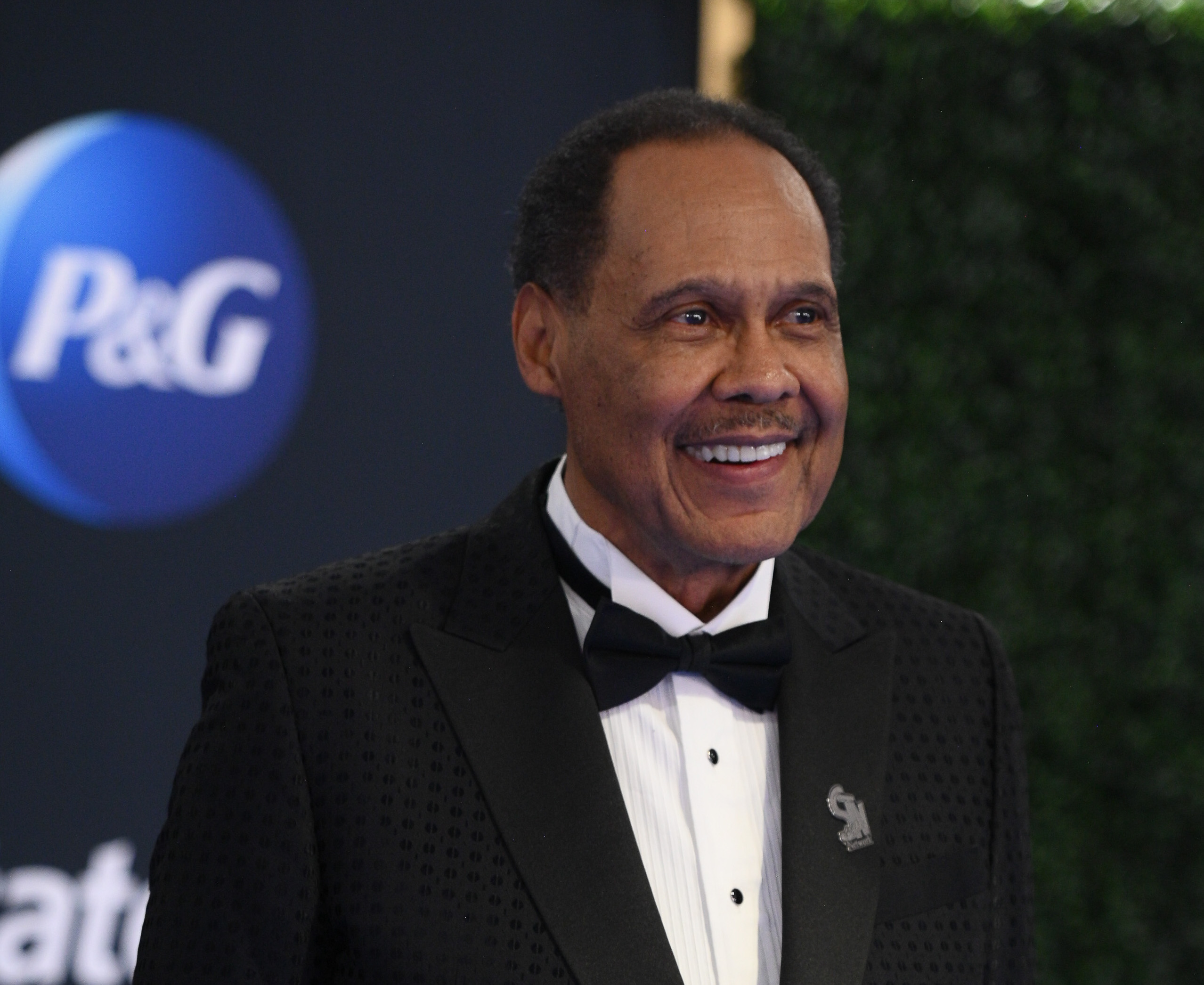Don Jackson Is Preaching the Gospel of Multiplatform TV (Q&A)
Veteran TV entrepreneur adds cable network to distribution platforms for ‘The Stellar Gospel Music Awards’ and other original programming

The smarter way to stay on top of the multichannel video marketplace. Sign up below.
You are now subscribed
Your newsletter sign-up was successful
When television entrepreneur Don Jackson began syndicating television content on local and national broadcast stations through his Central City Productions company nearly half a century ago, no one could have predicted that the industry would evolve into today’s multiplatform entertainment business.
Jackson has positioned himself to take full advantage of the traditional and digital platforms to offer quality, family-targeted programming to Black audiences who are voracious consumers of video content. Earlier this year Jackson launched the Stellar Network linear cable channel as a compliment to his syndication distribution strategy that for decades has provided airtime on stations to such long-running events as the Stellar Gospel Music Awards and The Black Music Honors, as well as weekly shows like Black College Quiz and iconic news series America’s Black Forum. On digital, Jackson has reached carriage deals for Stellar with AVOD service Xumo and is talking to other distributors.
Jackson recently spoke to Multichannel News senior content producer, programming R. Thomas Umstead about his aspirations for Stellar TV Network as well as his thoughts on the evolving television landscape, in a lightly edited interview.

MCN: Why launch a linear cable channel in this turbulent television marketplace?
Don Jackson: This industry has gone through and is still going through some changes. We started in broadcast television, but my goal was to get one of the networks like BET or TV One to carry our programming. Then the FCC expanded the broadcast channel spectrum so that the networks could add up to four additional channels, and [E.W. Scripps-owned] Bounce TV was an example of that. So while all of this was happening we were talking to the cable operators about launching a channel while still putting our content in syndication on broadcasting networks. We were able to launch the Stellar Network with Spectrum and Verizon Fios, and we’re also offering it through services like Xumo.
MCN: How does the new service fit the distribution strategy of your marquee events like The Stellar Gospel Music Awards?
DJ: It helps the overall distribution of our shows. [In July] we premiered The Stellar Awards on the network, and then we [aired] it on BET and in our [broadcast syndication] window for the broadcast networks, which have carried our shows for the past 35 to 40 years. That gets us in front of the top 100 Black markets and 90% of Black homes. Our dream has always been to have our programming on as many platforms as we can, and we’re realizing that now.
The smarter way to stay on top of the multichannel video marketplace. Sign up below.
MCN: The Stellar Network offers a unique brand of uplifting entertainment. Is there a large enough audience base and advertiser interest to be successful in a crowded marketplace?
DJ: We’re actually the only ones in the marketplace that are offering this programming. We don’t do a lot of edgy programming that some of the other networks do, so distributors know that they can keep us on in all dayparts knowing that we’re going to offer family-friendly programming. Our advertisers know who we are and what we are trying to accomplish.
MCN: Along with your programming library, what other type of programming should we look for from The Stellar Network?
DJ: We currently have a number of shows including our weekly series Black College Quiz and America’s Black Forum, and we’re looking to create new flagship shows that we hope will resonate with the Black community, including Healthy Laughter, which will discuss health issues in our community, as well as a special around the Watch Night New Year’s Eve celebration. With many of these shows, we’re getting sponsors to not only run spots but to support the production of the shows, and Procter & Gamble is by far our leader.
MCN: You’ve been in the television business for decades. Given the various distribution platforms available, do you feel that this is the best environment for diverse programming to thrive?
DJ: I would say yes, but I would just caution some of the content producers out there to be careful to hold on to their content rights, particularly when it comes to streaming. Don’t just give up your rights just to get on — some of those deals will not be the best arrangement for the content provider.
R. Thomas Umstead serves as senior content producer, programming for Multichannel News, Broadcasting + Cable and Next TV. During his more than 30-year career as a print and online journalist, Umstead has written articles on a variety of subjects ranging from TV technology, marketing and sports production to content distribution and development. He has provided expert commentary on television issues and trends for such TV, print, radio and streaming outlets as Fox News, CNBC, the Today show, USA Today, The New York Times and National Public Radio. Umstead has also filmed, produced and edited more than 100 original video interviews, profiles and news reports featuring key cable television executives as well as entertainers and celebrity personalities.

